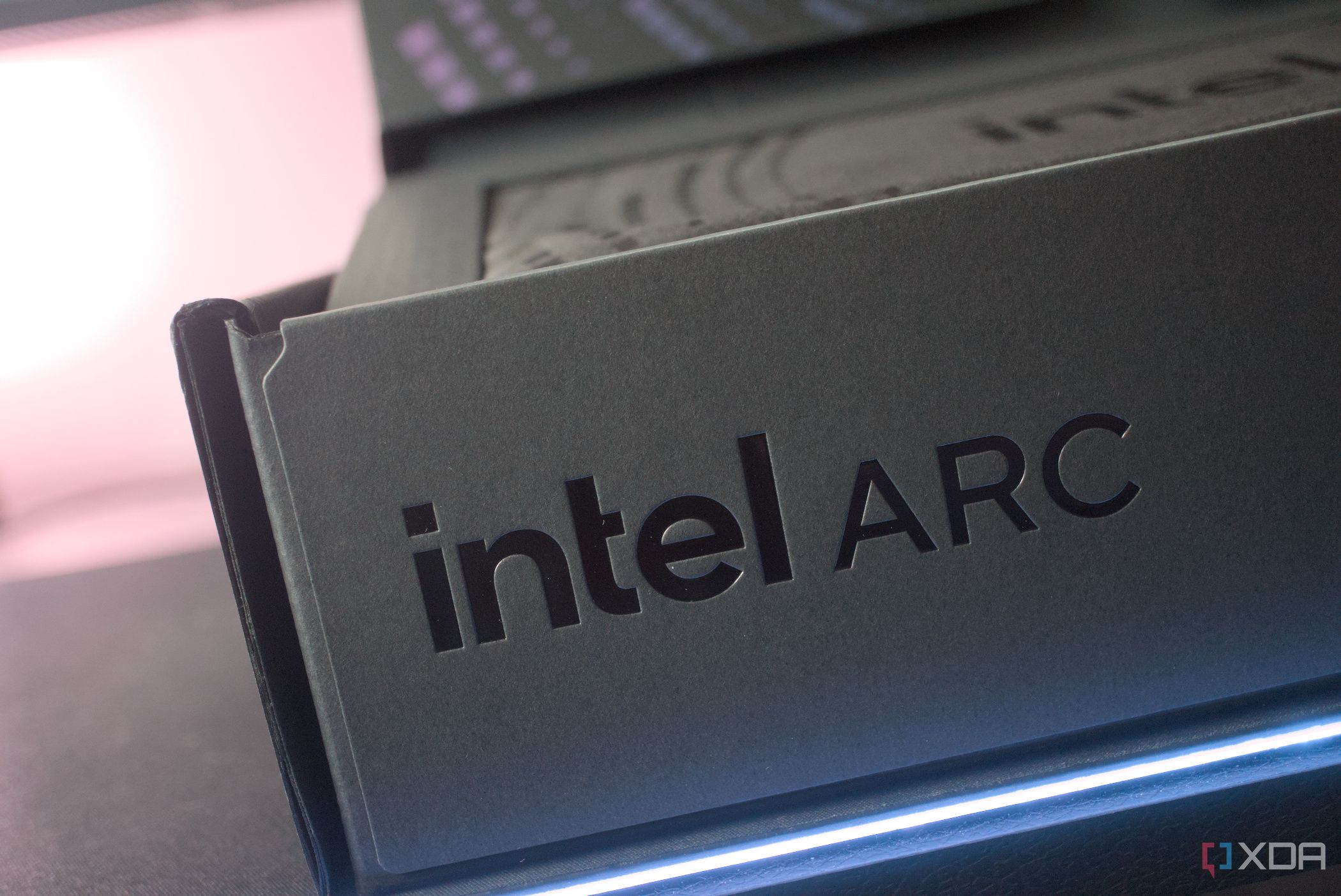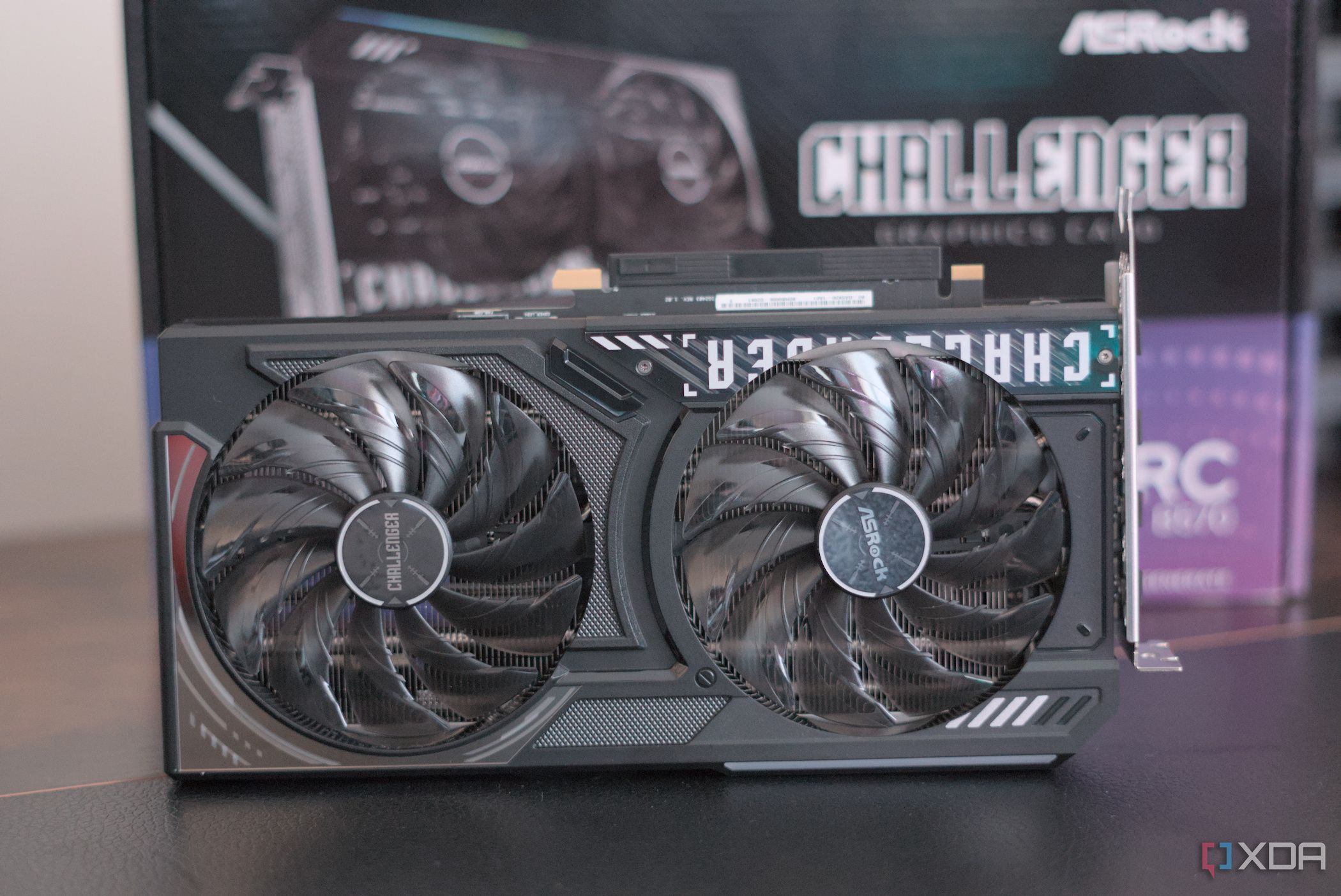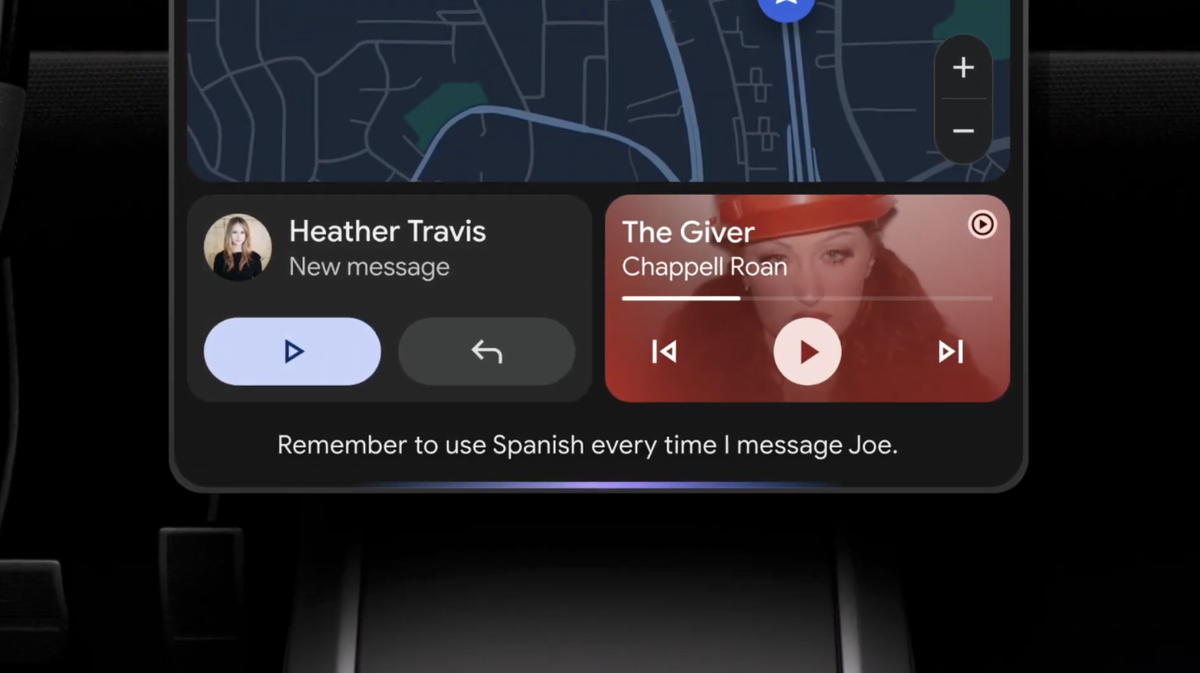Intel may not be winning the marathon on the CPU front, but the company has done some incredible work with its Arc graphics cards. The two latest entries in this famof the Intel Arc B570 and B580. These are mid-range 1440p gaming machines at reasonable prices, starting from just $219 at MSRP. Compared to Nvidia's next-gen pricing and even AMD's own mid-tier GPU line-up and Intel has some excellent options for gamers on tighter budgets. I've been using the Intel Arc B570 one and off for months now as I keep returning to see how Intel has further developed its software support for the B-series Arc GPUs. It's difficult to overstate just how important this B570 GPU is for the gaming community.
The Intel Arc B570 is a beast
For 1080p and 1440p gaming
I reviewed the Intel B570 on a 4K panel set to 1440p and then decided it would be a good idea to use it with a 49-inch ultrawide monitor set to 5120x1440. It went better than expected on both accounts, resulting in the Intel Arc B570 being one of my favorite PC components to launch so far this year. So, I like the GPU, but with the current landscape that is the GPU market and the absolutely ridiculous pricing gouging gamers today, I decided to return to the B570 yet again to showcase just how good this thing is at 1440p. You don't need an Nvidia GeForce RTX 4060 Ti, nor do you need an RX 9060, especially if you're already rocking an Intel CPU.
-
Intel Arc B570Intel Arc B580Ray Accelerators/Cores 20 20 AI Accelerators/Cores 160 160 Base Clock Speed 2500 MHz 2670 MHz Boost Clock Speed 2750 MHz 2850 MHz Memory Capacity 10 GB GDDR6 12 GB GDDR6 Memory Bus 160-bit 192-bit Memory Bandwidth 380 GB/s 460.8 GB/s Power Draw 150 W 190 W Architecture Xe2 Xe2 Process 5 nm 5 nm
Let's switch to the Intel Arc B580 for a hot minute, as this is the best GPU Intel has out in the wild, costing just $249. It's a 4K capable GPU with XeSS enabled and expectations kept in check. The Arc B570 is a slightly weaker Battlemage GPU with fewer cores and less memory. Although it has 10 GB of VRAM and a maximum boost speed of 2.75 GHz, the B570 is still quite the compelling choice for gamers and can handle heavier games at 1440p with ray tracing enabled. I managed to play the latest games on a screen that effectively glues two 1440p panels together, so you shouldn't have any trouble gaming on a QHD display.
It's all down to what's inside these Battlemage GPUs. The B570 has 20 RT cores, 160 AI cores, a boost clock speed of up to 2,570 MHz, 10 GB of VRAM, with a 160-bit memory bus and 380 GB/s of bandwidth. The best part is power draw, which is something I didn't think I'd write for an Intel product in 2025. The B570 has a maximum power draw of just 150W, so you can safely run this thing inside a SFF PC with a budget-friendly power supply — though I always recommend spending as much as you can on the PSU since this is the vital part that handles power delivery to all your sensitive components.
Gaming at 1440p is a blast
Battlemage doesn't mess around
At first, it's surprising how well the Intel Arc B570 performs. It can do 4K, like some other mid-range cards, but the results are anything but spectacular. Then we move down the resolution list to 1440p, which is where the GPU comes alive with XeSS. Cyberpunk 2077 on Ultra runs at a butter-smooth 74 frames-per-second, though this was with all ray tracing disabled since that utterly decimates this GPU architecture, and the $219 price point isn't supposed to handle advanced visual features. Next up was Baldur's Gate 3, which hovered around 64 frames-per-second at Ultra settings. It's a similar story with The Witcher 3, pushing mid-70s at high settings.
But the B570 isn't just good at gaming. Intel made sure to pack this thing full of tech for handling other workloads. Loading up some GPU-intensive software saw Intel's excellent encoding and decoding capabilities flex their muscles. In a world where affordable GPUs seem like a distant memory, unless you're prepared to take a frame rate hit at high resolutions, it's great to see Intel provide ample competition to AMD and Nvidia to ensure there's a good choice across the spectrum. The flagship Nvidia GPU will always cost a ridiculous amount of money, but it always has.
We may have a soft spot for the RX 9060 XT from AMD, but even that costs north of $300, putting it out of reach for many. If all you have is $200 to spend on a GPU, I'd consider the B570 above all else.
.png)












 English (US) ·
English (US) ·